Sisters in Solitude: Two Traditions of Buddhist Monastic Ethics for Women
A study of nuns’ ethics is important in itself and is important to Buddhist studies, Asian religions, and Humanities.
Jeffrey Hopkins, University of Virginia.
This study is an investigation of the moral precepts and codes of everyday conduct by which ordained women regulated their lives. It takes as its basis the Bhiksuni Pratimoksa Sutras of the Dharmagupta School, preserved in Chinese translation, and the Mulasarvastivada School, preserved in Tibetan translation.
For over two thousand years, Buddhist nuns have quietly embodied specific moral and spiritual values on their path to enlightenment. Contemplative communities offered women both an alternative lifestyle and an avenue for education. Numbering as many as one million at certain periods of history, they have exerted powerful, if often unacknowledged, influence on Asian societies.
Sisters in Solitude documents the earliest recorded system of ethics formulated especially for women and presents the first English translations of the original texts. An essential sourcebook for studies on women’s religious history and feminist ethics, it details the monastic guidelines that link Buddhist nuns of the different traditions. The texts it contains unite women of many cultures.
The topic is very significant to those seriously interested in issues of women and Buddhism and to scholars of Buddhist studies in general.
Get it now and save 10%
BECOME A MEMBER

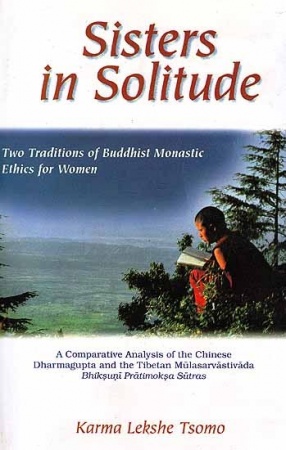
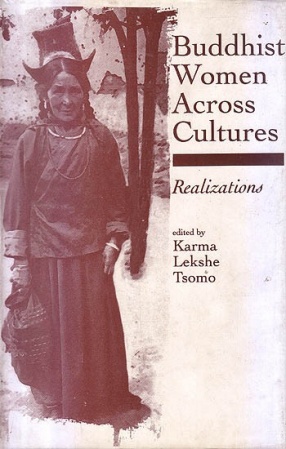

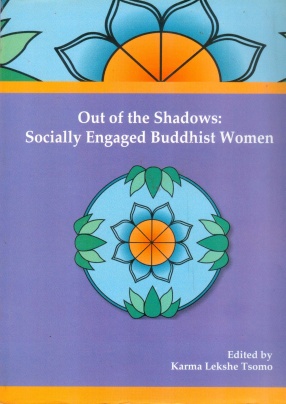
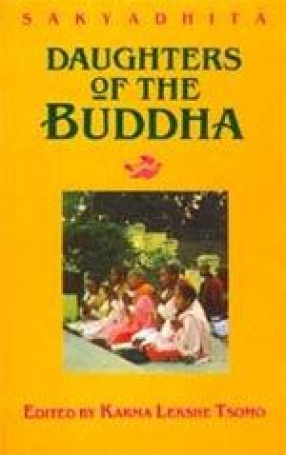
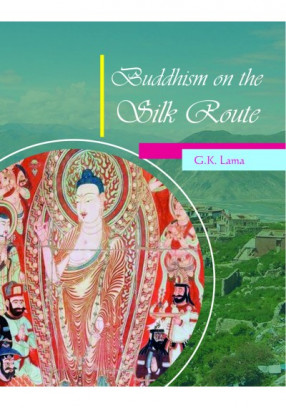

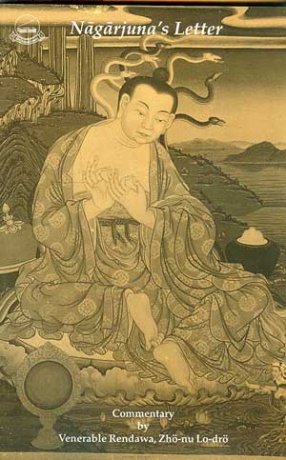
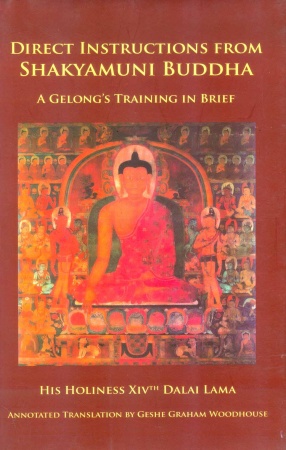

Bibliographic information